[A] rare combination of solid scholarship, clinically useful methods, and passionate advocacy for those who have suffered trauma." Rick Hanson, PhD, author of Buddha's Brain: The Practical Neuroscience of Happiness, Love, and Wisdom From elementary schools to psychotherapy offices, mindfulness meditation is an increasingly mainstream practice. At the same time, trauma remains a fact of life: the majority of us will experience a traumatic event in our lifetime, and up to 20% of us will develop posttraumatic stress. This means that anywhere mindfulness is being practiced, someone in the room is likely to be struggling with trauma. At first glance, this appears to be a good thing: trauma creates stress, and mindfulness is a proven tool for reducing it. But the reality is not so simple. Drawing on a decade of research and clinical experience, psychotherapist and educator David Treleaven shows that mindfulness meditationpracticed without an awareness of traumacan exacerbate symptoms of traumatic stress. Instructed to pay close, sustained attention to their inner world, survivors can experience flashbacks, dissociation, and even retraumatization. This raises a crucial question for mindfulness teachers, trauma professionals, and survivors everywhere: How can we minimize the potential dangers of mindfulness for survivors while leveraging its powerful benefits? Trauma-Sensitive Mindfulness offers answers to this question. Part I provides an insightful and concise review of the histories of mindfulness and trauma, including the way modern neuroscience is shaping our understanding of both. Through grounded scholarship and wide-ranging case examples, Treleaven illustrates the ways mindfulness can helpor hindertrauma recovery. Part II distills these insights into five key principles for trauma-sensitive mindfulness. Covering the role of attention, arousal, relationship, dissociation, and social context within trauma-informed practice, Treleaven offers 36 specific modifications designed to support survivors safety and stability. The result is a groundbreaking and practical approach that empowers those looking to practice mindfulness in a safe, transformative way.
Trauma-Sensitive Mindfulness: Practices for Safe and Transformative Healing
W. W. Norton & Company
MSRP:
Was:
Now:
$25.74 - $34.22
(You save
)
(No reviews yet)
Write a Review
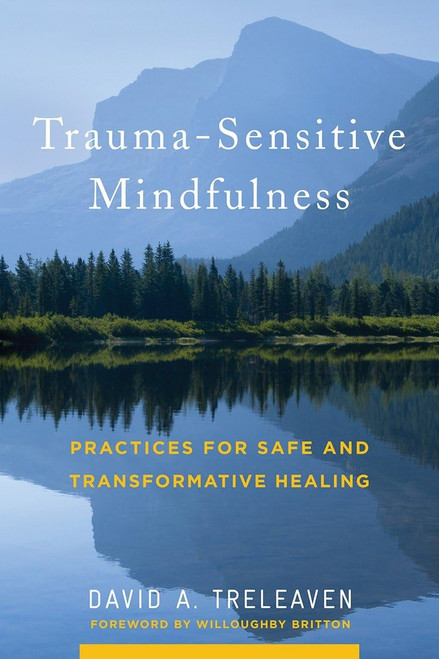
Write a Review

W. W. Norton & Company
Trauma-Sensitive Mindfulness: Practices for Safe and Transformative Healing
- SKU:
- UPC:
- 9780393709780
- Maximum Purchase:
- 2 units
- Binding:
- Hardcover
- Publication Date:
- 2/13/2018
- Release Date:
- 2/13/2018
- Author:
- Treleaven, David A.
- Language:
- English: Published; English: Original Language; English
- Edition:
- 1
- Pages:
- 264
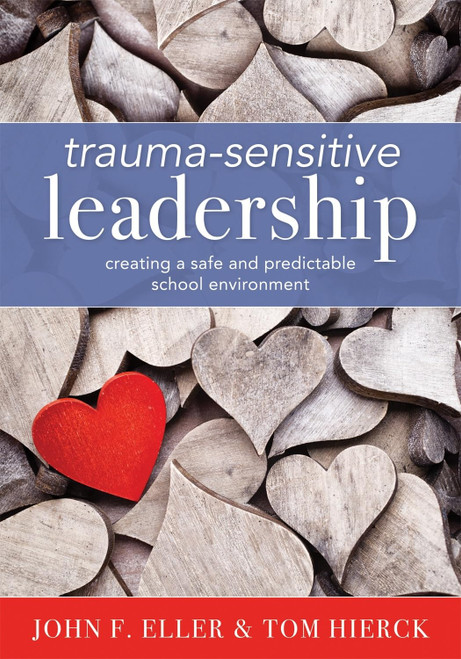
Trauma-Sensitive Leadership: Creating a Safe and Predictable School Environment
MSRP:
Was:
Now:
$33.78 - $39.83
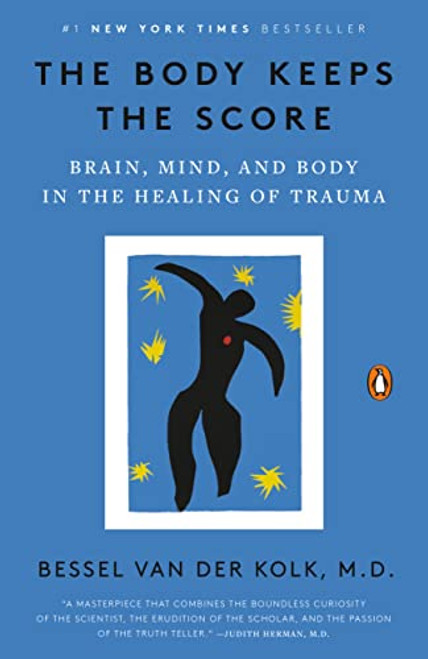
Penguin Books
The Body Keeps the Score: Brain, Mind, and Body in the Healing of Trauma
MSRP:
Was:
Now:
$17.51 - $22.29

Healing What's Hidden: Practical Steps to Overcoming Trauma
MSRP:
Was:
Now:
$15.94 - $23.89
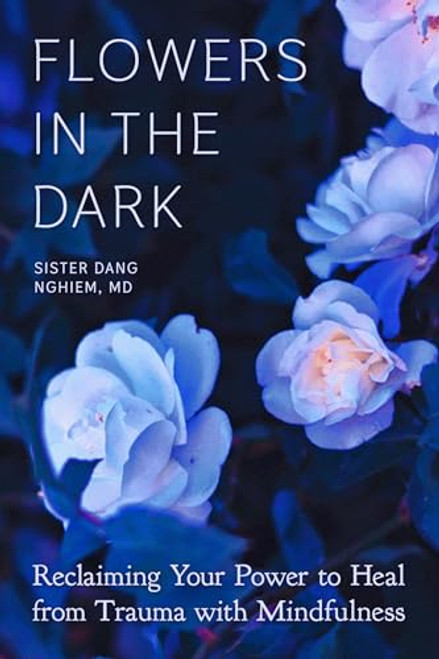
Parallax Press
Flowers in the Dark: Reclaiming Your Power to Heal from Trauma with Mindfulness
MSRP:
Was:
Now:
$16.59 - $26.70
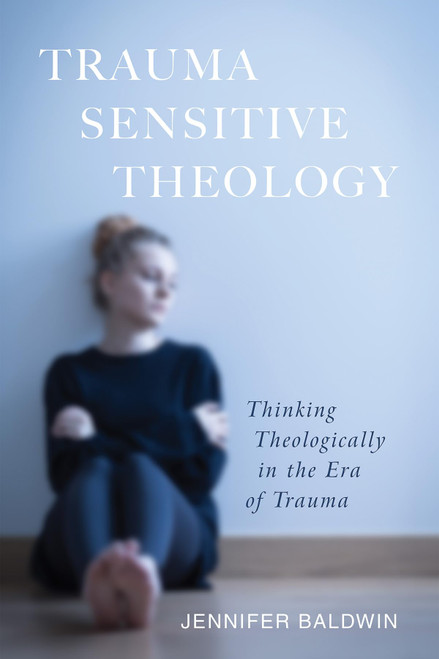
Cascade Books
Trauma-Sensitive Theology: Thinking Theologically in the Era of Trauma
MSRP:
Was:
Now:
$22.41 - $27.40

The Blooming of a Lotus: Essential Guided Meditations for Mindfulness, Healing, and Transformation
MSRP:
Was:
Now:
$22.19 - $26.43

Pesi Publishing & Media
The Post-Traumatic Growth Guidebook: Practical Mind-Body Tools to Heal Trauma, Foster Resilience and Awaken Your Potential
MSRP:
Was:
Now:
$21.74 - $28.57
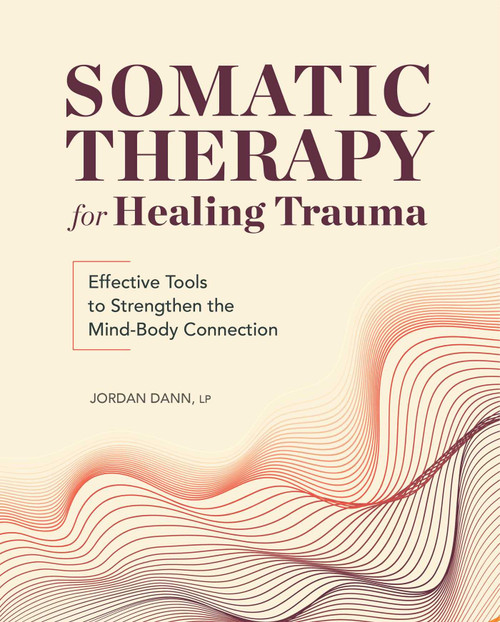
Somatic Therapy for Healing Trauma: Effective Tools to Strengthen the Mind-Body Connection
MSRP:
Was:
Now:
$19.29 - $22.47
!

